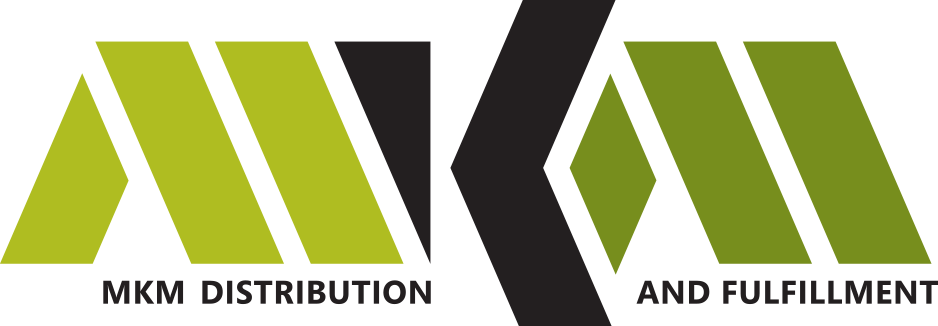Benefits & Downsides—Owning Your Own Fleet
With any type of logistics planning you come across in your business—whether working completely through a 3PL or beginning to take on responsibilities for yourself—you’ll face questions like this one about how to divvy up who will be accountable for what. But weighing such an idea as owning and operating your own truck fleet can be one of the most important decisions you make.
Sure, tons of benefits accompany this idea—and we’ll cover many of these as we raise questions about what you should think about when making this decision. But stakes often crop up that we don’t think about. Here are questions to keep in mind when determining if it’d be the wisest choice to purchase and maintain your own fleet.
Short-term Logistic Capability?
Transitioning to owning your own fleet requires both long-term and short-term logistics—but the first of these you should think about are all the short-term questions you’ll have to answer. Owning your own fleet is an investment—and it can take years and years before the benefits begin to outweigh start-up costs. So if this is a question you want to ask in the very near future, think about the short-term logistic capabilities you’ll need: drivers, receiving bays, maintenance employees, initial truck costs, route development, GPS technology.
Long-term Maintenance?
The second question to ask is how those initial start-up costs will be able to save you money in the long term. So how long, exactly, will your fleet be able to maintain itself? Those are new costs to plug in, because the more you’re able to keep up on short-term maintenance and mechanical adjustments, the longer your trucks will last. Do you have the resources necessary for this kind of long-term maintenance?
Employee Retention/Availability?
It’s no secret that, across the United States, there’s a shortage of trained, experienced, and capable truck drivers. Many drivers sold their rigs when the recession hit and perhaps no longer qualify with increasingly high standards for drivers from the government. So determine, also, if you have the ability to find and retain professional truck drivers.
Employee Costs?
The second part about employees is the amount of insurance required for truck drivers rather than general employees. More requirements mean more training and costs to ensure that you have professional, safe drivers on the road that won’t charge you later with infractions on government regulations.
Distribution zone requirements?
Might sound simple, but how far are you looking to distribute your product? Regulations and requirements change for different routes—whether that means only local routes or cross-country routes that lead drivers through dangerous mountain passes or bad winters. This is a serious question to consider, because if you’re only focused on local routes, owning your fleet might be a great option.

